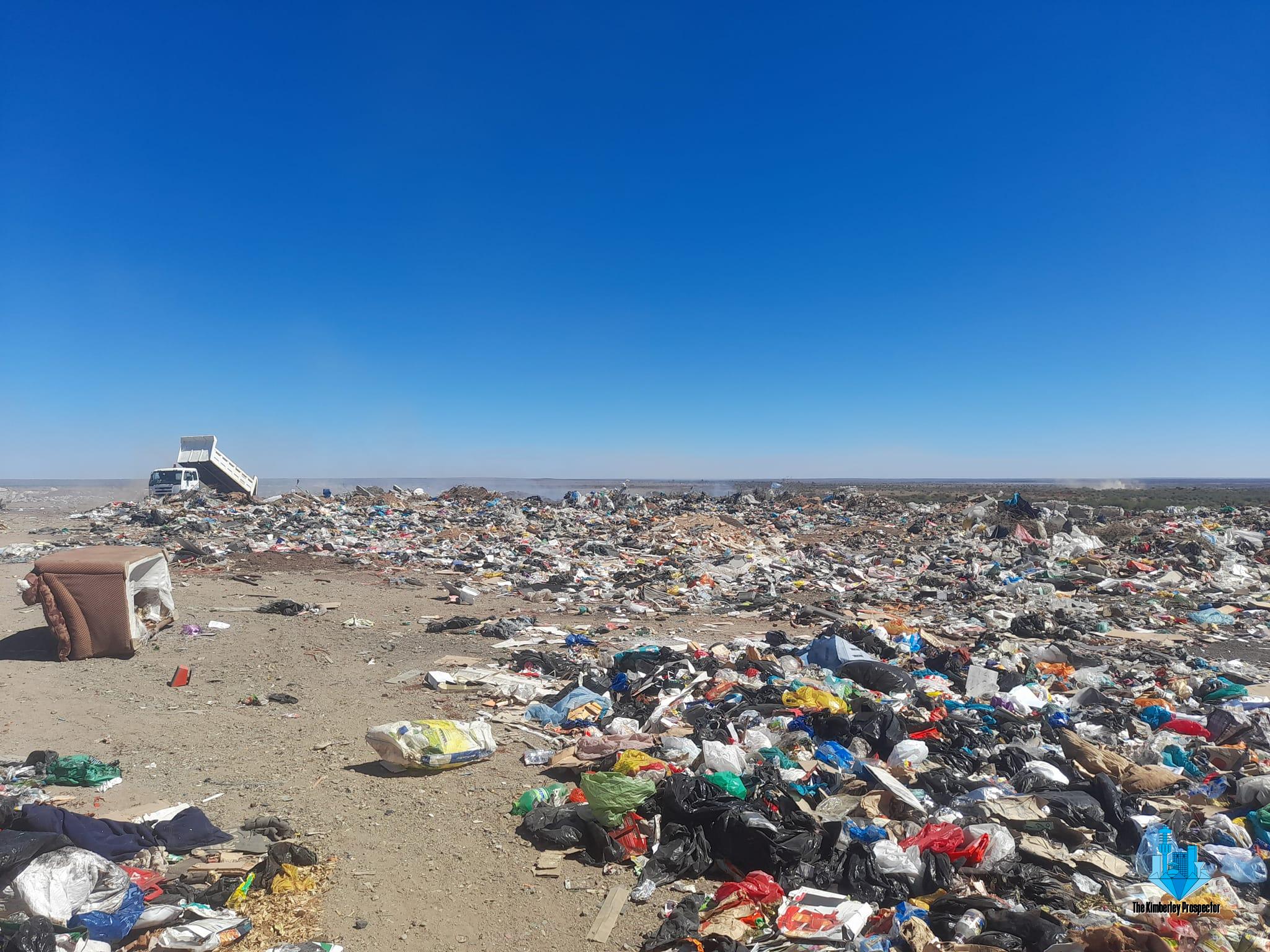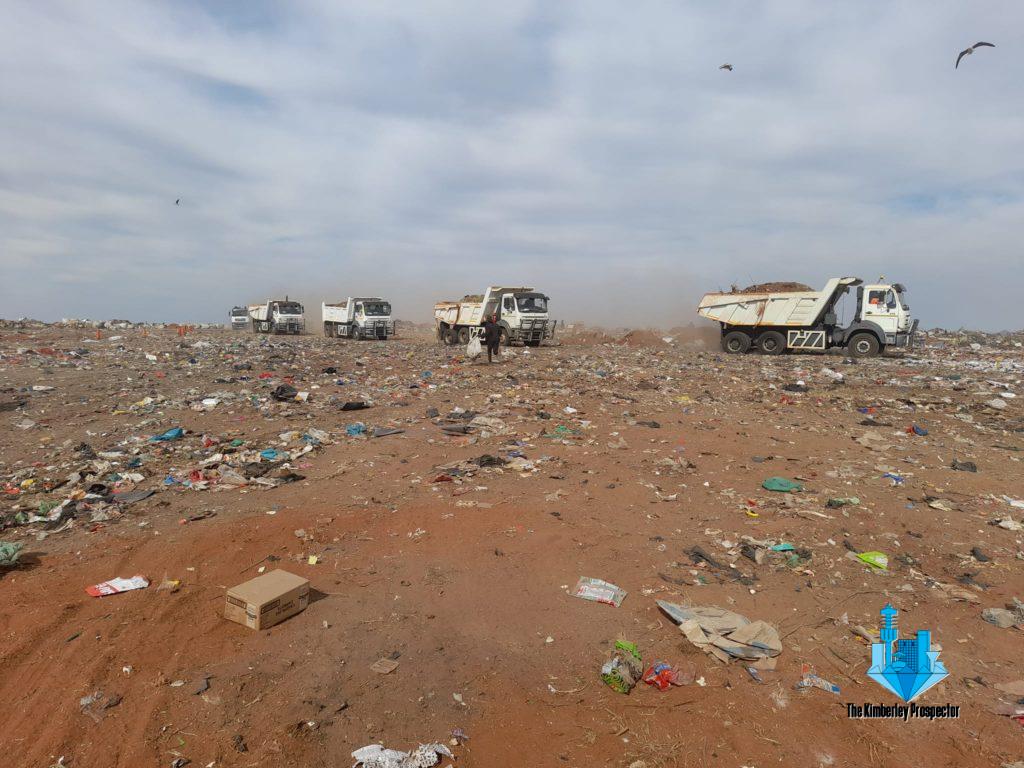Kimberley, South Africa – The deteriorating state of the Kimberley dumpsite has raised major concerns among residents, highlighting the negligence of Sol Plaatje Municipality towards proper waste management.
Des Peine, a Kimberley resident, has expressed his frustration over the appalling conditions of the dumpsite, pointing out the lack of necessary equipment. Photographs indicating the municipality’s failure to adhere to waste disposal regulations.
In his recent report on September 22, 2023, Peine highlighted the absence of essential machinery, including front-end loaders and bulldozers, which were supposed to facilitate the clearance of incoming rubbish.
Furthermore, he revealed that the BOMAG, a crucial equipment used for compressing waste, has been rusting away as it has not been operational for over a year. Peine suspects that the municipality is resorting to burning rubbish to reduce its volume, making it easier to push with small TLBs, as the BOMAG’s engine repair was deemed too costly at nearly 1 million rand.
Peine observed that the current state is dire, with a backlog of refuse accumulating for days on end. The situation escalated from bad to worse over the past ten days, reaching a point of disaster. Peine’s concerns come shortly after a cleanup activity that took place on August 4, 2023, still leaving him puzzled by the frequent dumping of loads rather than utilizing available loaders.
This state of the dumpsite not only raises concerns over the violation of waste disposal regulations but also signifies the municipality’s neglect towards ensuring a clean and safe environment for its residents. South African laws mandate strict procedures for waste disposal, explicitly prohibiting the burning of waste. Municipal dumpsites must adhere to policies that prioritize environmentally friendly approaches such as proper waste sorting and recycling.
The Sol Plaatje Municipality must take immediate action to rectify the dire state of the Kimberley dumpsite. Not only should they prioritize the repair and replacement of essential machinery but also establish efficient waste management policies to ensure compliance with the law.
Failure to do so not only compromises the health and well-being of the community but also perpetuates the municipality’s disregard for environmental sustainability.
According to South African laws, waste disposal in incinerators is not a requirement. In fact, burning waste is considered illegal as it can release harmful pollutants and pose a serious threat to public health and the environment.
Proper procedures for a municipal dump site in South Africa should adhere to the following policies:
- Waste segregation: The dump site should have designated areas for different types of waste, such as recyclables, hazardous materials, organic waste, and general waste. This allows for better management and disposal methods.
- Compaction and covering: Waste should be regularly compacted and covered with soil or other materials to prevent odour, litter, and the attraction of pests. This also helps reduce the risk of fires.
- Landfill gas management: Measures should be in place to control and monitor the generation of landfill gas, mainly composed of methane, which is a potent greenhouse gas. This can include the installation of gas collection systems and regular monitoring.
- Leachate management: Leachate, the liquid that results from waste decomposition, should be collected and properly treated to prevent contamination of soil and groundwater.
- Recycling and waste minimization: The municipality should promote recycling initiatives and waste reduction strategies, encouraging residents and businesses to separate recyclable materials and minimize waste generation.
- Environmental monitoring: Regular monitoring of air, water, and soil quality should be conducted to ensure that the dump site’s activities are not negatively impacting the surrounding environment or public health.

